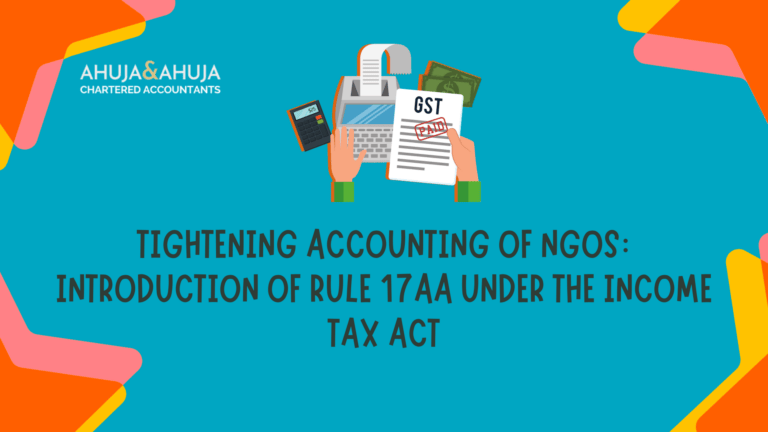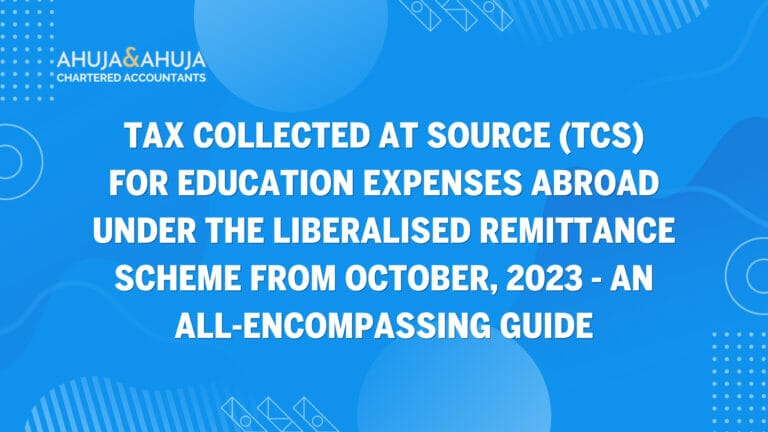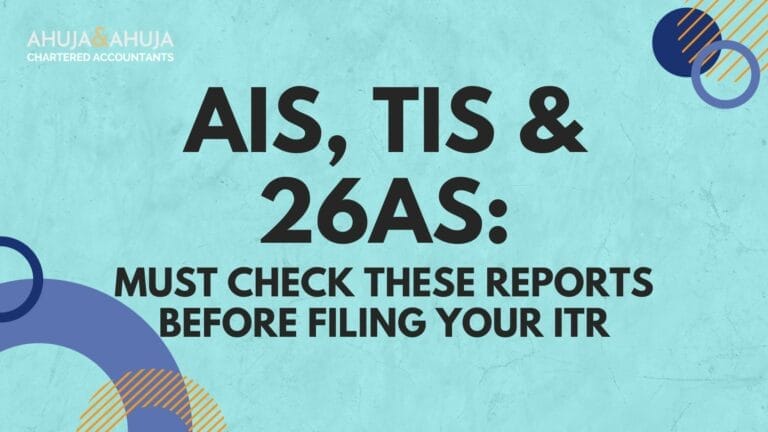Non-Deduction of TDS due to bonafide wrong interpretation of Law is reasonable cause u/s 273B for Non Levy of Penalty u/s 271C
The Honorable High Court of Karnataka in its recent judgement held that where the assessee committed a bonafide mistake in misconstruing the provisions of law and did not deducted TDS and afterwards on being aware of its mistake deposited the TDS along with interest then penalty u/s 271C shall not be levied.
In this case the assessee being a co-operative bank was not required to deduct TDS on its members and other co-operative societies. However, the assessee misconstrued the provisions and did not deduct TDS on non-members also. On being aware of this mistake due to a survey u/s 133A of the Act, the assessee promptly deposited the TDS along with interest. The Assessing Officer however imposed penalty u/s 271C due to failure to deduct TDS.
The Honorable High Court held that bonafide mistake in failure to deduct TDS is a reasonable cause u/s 273B and therefore, penalty u/s 271C cannot be imposed. The text of the judgement is produced below for your reference.
IN THE HIGH COURT OF KARNATAKA
AT BANGALORE
ITA No.86 of 2006
1) COMMISSIONER OF INCOME TAX
C R BUILDING, QUEENS ROAD
BANGALORE
2) ADDITIONAL COMMISSIONER OF INCOME TAX
RANGE-16, C R BUILDING, QUEENS ROAD
BANGALORE
Vs
RAJAJINAGAR CO-OPERATIVE BANK LTD
RAJAJINAGAR BRANCH, NO 741, 3rd BLOCK
RAJAJINAGAR, BANGALORE
Dated: July 20, 2011
Revenue’s appeal dismissed.
JUDGEMENT
The Revenue has preferred this appeal against the order passed by the Tribunal, which rejected the appeal filed by the Revenue refusing to interfere with the order passed by the Appellate Commissioner who had deleted the penalty under Section 271C, imposed by the Assessing Authority.
4. Aggrieved by the same, the assessee preferred an appeal. The Commissioner of Income Tax (Appeals) held that the assessee was ignorant of the legal position that TDS has to be deducted, which according to him constitutes a reasonable cause for failing to deduct tax at source and therefore he set aside the order levying penalty.
5. Aggrieved by the same, the Revenue preferred an appeal to the Tribunal, which also came to be rejected affirming the Appellate Commissioner. Aggrieved by the same, the Revenue is in appeal.
6. The learned Counsel for the Revenue assailing the impugned order contends that ignorance of law cannot be an excuse and it would not constitute a reasonable cause. Therefore he submits that the order passed by the Assessing Authority imposing penalty was legal and valid and it ought not to have been interfered with by the appellate authority.
7. Per contra, the learned Counsel for the assessee submitted that sub-clause (5) of Section 194A(3) expressly provides that the provisions of sub-section (1) of Section 194A shall not apply to such income credited or paid by a co-operative society to a member thereof or to any other co-operative society. The assessee did not carefully notice the said provision which conferred the benefit only in respect of members and the same benefit was not extended to non-members and it is this bonafide mistake which resulted in on-deduction of TDS in respect of interest payable to on-members. On being pointed out, immediately the Bank has paid the tax with interest and therefore the said explanation offered by the assessee being a bonafide one, constitutes reasonable cause, as held by the two authorities and therefore no case for interference is made out.
8. Ignorance of law cannot be an excuse. But under the scheme of Income Tax Act, Section 271C provides for imposition of penalty for non-compliance of the said provision. However, Section 273-B which starts with non-obstante clause makes it clear that no penalty shall be imposable on the person or the assessee as the case may be, for any failure referred to in the said provisions if he proves that there was reasonable cause for the said failure. Therefore the penalty payable under Section 271C is not automatic. If the assessee is able to show reasonable cause for on-compliance of such provision, no penalty is imposable under Section 273B.
9. In fact, the Apex Court in the case of Commissioner of Income Tax Vs. Eli Lilly & Company (India) Pvt Ltd. & Ors., reported in (2009) 312 ITR 225 = (2009-TII-01-SCINTL) dealing with these provisions held that:
“Section 271 C interalia states that if any person fails to deduct the whole or any part of the tax as required by the provisions of Chapter XVII-B then such person shall be liable to pay, by way of penalty, a sum equal to the amount of tax which such person failed to deduct. In these case we are concerned with S.271C(1)(a). Thus S.271C(1) (a) makes it clear that the penalty leviable shall be equal to the amount of tax which such person failed to deduct. …………………… This provision cannot be held to be mandatory or compensatory or automatic because under s.273B Parliament has enacted that penalty shall not be imposed in cases falling thereunder. Sec.271C falls in the category of such cases. Sec. 273B states that notwithstanding anything contained in s.271 C, no penalty shall be imposed on the person or the assessee for failure to deduct tax at source if such person or the assessee proves that there was a reasonable cause for the said failure. Therefore, the liability to levy of penalty can be fastened only on the person who do not have good and sufficient reason for not deducting tax at source. Only those persons will be liable to penalty who do not have good and sufficient reason for not deducting the tax. The burden, of course, is on the person to prove such good and sufficient reason.”
Further they have held in that case that tax deductor assessee was under a genuine and bona fide belief that I was not under any obligation to deduct tax at source from the home salary paid by the foreign company/HO and, consequently, we are of the view that in none of the 104 cases penalty was leviable under s. 271 C as the respondent in each case has discharged its burden of showing reasonable cause for failure to deduct tax at source.”
10. In the instant case, the assessee is a Co-operative Bank. Clause 5 of sub-section (3) of Section 194A expressly exempts the Bank from deducting the tax at source on interest payable by the Bank to its members and other Co-operative Societies. As stated by the assessee, they did not properly construe this provision. By misconstruing this provision they also did not deduct tax from the interest payable to non-members. That is the bonafide mistake which they have committed. Their bonfides is demonstrated to the effect that once in a survey the said mistake was notice and pointed out immediately they have paid the tax with interest. Therefore, in the light of this undisputed facts of this case, when the Appellate Commissioner and the Tribunal held that the same constitutes a reasonable cause and when the same is not shown to be false, the assessee has satisfied the requirement of Section 273-B, in which event, no penalty shall be imposable. Therefore the order passed by the Tribunal and the appellate Commissioner is valid and legal and do not suffer from any legal infirmity which calls for interference. Accordingly the substantial question of law framed is answered in favour of the assessee and against the Revenue.
Appeal dismissed.
Disclaimer
The materials provided herein are solely for educational and informational purposes. No attorney/professional-client relationship is created when you access or use the site or the materials. The information presented on this site does not constitute legal or professional advice and should not be relied upon for such purposes or used as a substitute for professional or legal advice.




